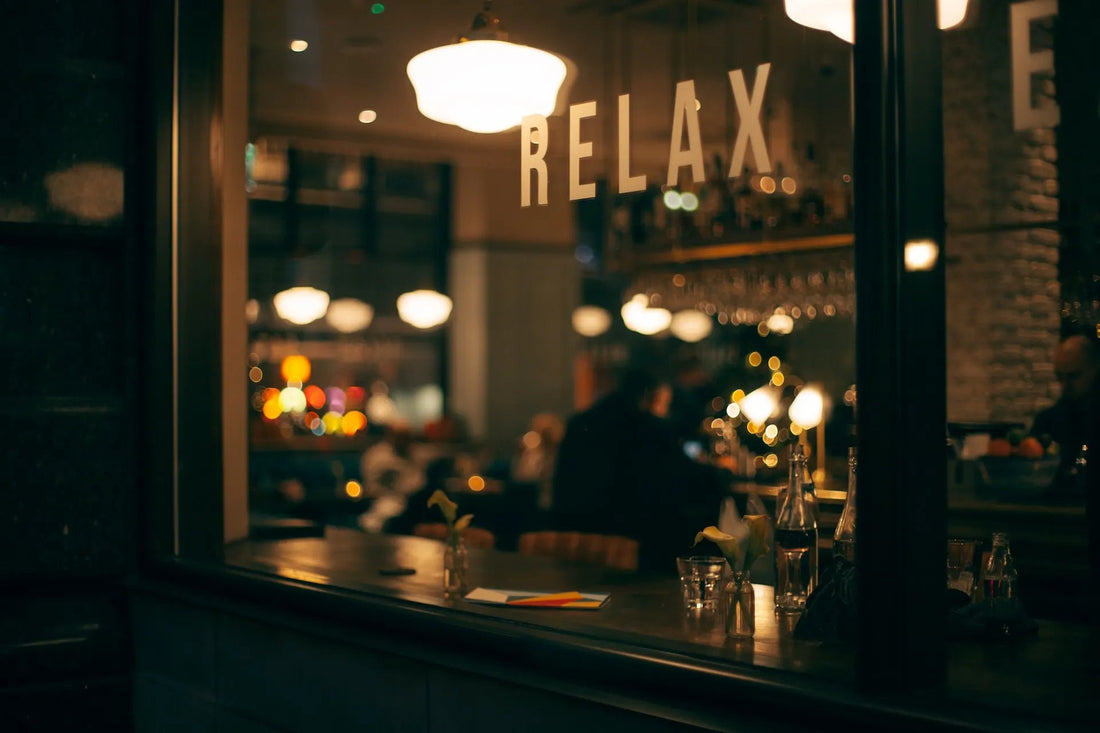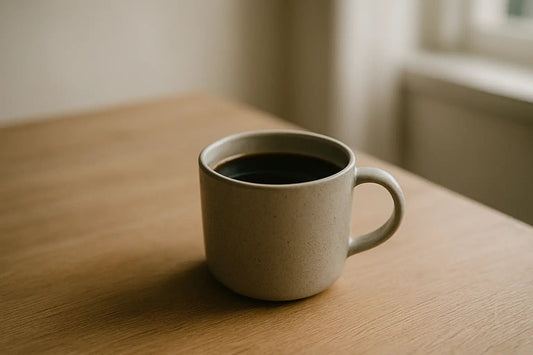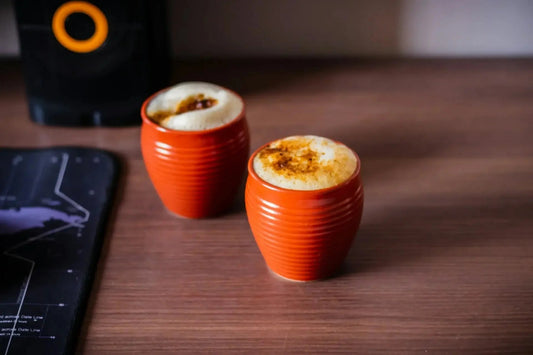
Does Decaf Coffee Keep You Awake?
James RocheThe Myth of Sleepless Nights: Does Decaf Coffee Keep You Awake?
Decaf coffee has long been a beloved choice for those who crave the comforting taste of coffee without the caffeine-induced jitters. But there's one persistent myth that's often heard in the world of decaf: "Does decaf coffee keep you awake?" In this article, we're diving deep into this question to unveil the truth about decaffeinated coffee and its potential impact on your sleep.
The Decaf Dilemma: Caffeine vs. Decaffeination
Before we explore whether decaf coffee can disrupt your sleep, it's crucial to understand the basics of caffeine in decaffeinated coffee.
Caffeine in Decaf:
Yes, it's true—decaffeinated coffee isn't entirely caffeine-free. The decaffeination process, while effective, doesn't remove every trace of caffeine. A typical 8-ounce cup of decaf coffee contains about 2 to 5 milligrams of caffeine. To put this into perspective, a regular cup of coffee can pack anywhere from 70 to 140 milligrams of caffeine. So, while there's some caffeine in decaf, it's significantly less than what you'd find in your typical brew.
The Impact of Caffeine:
Caffeine is a natural stimulant that affects our central nervous system. It's what keeps us alert, focused, and, unfortunately for some, awake. The caffeine content in decaf coffee is low enough that it shouldn't have the same stimulating effect on most people as a regular coffee.
The Role of Individual Sensitivity
While decaffeinated coffee is generally low in caffeine, there's one factor that can influence its impact on your sleep: individual sensitivity.
Sensitivity to Caffeine:
Some individuals are more sensitive to caffeine than others. If you belong to the "caffeine-sensitive" group, even the minimal caffeine in decaf coffee could potentially affect your sleep, especially if consumed later in the day.
Timing Matters:
The timing of your decaf coffee consumption can also play a role. If you enjoy a cup of decaf right before bedtime, it might interfere with your sleep due to the brief, but still existent, caffeine content.
The Decaf Taste and Comfort
Now, let's switch gears and talk about the taste. Decaf coffee often gets a bad rap for not matching the flavour intensity of regular coffee. However, with the right approach, decaf can be a delightful experience for your taste buds.
Coffee Bean Selection: Start with high-quality, freshly roasted Arabica beans for the best taste.
Roast Level: The roast level can significantly influence the flavour. Lighter roasts tend to preserve more of the bean's original character, while darker roasts bring out bold, smoky notes.
Brewing Method: Choose a brewing method that suits your taste, whether it's a French press, pour-over, or espresso.
A Peaceful Night's Sleep with Decaf Coffee
So, does decaf coffee keep you awake? The answer is usually no, but it's essential to consider your individual caffeine sensitivity and the timing of your consumption. If you're in the caffeine-sensitive group, it's wise to enjoy your decaf coffee earlier in the day or evening to ensure a peaceful night's sleep.
And remember, when it comes to taste, decaf coffee can be a flavorful and satisfying experience, provided you select the right beans, roast level, and brewing method. With decaf, you can enjoy the warmth and taste of coffee without the caffeine-induced restlessness.
Next time you reach for that decaf cup, you can savour it not just for its comforting taste but also for the knowledge that you're likely to enjoy a good night's sleep.



